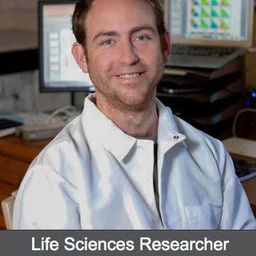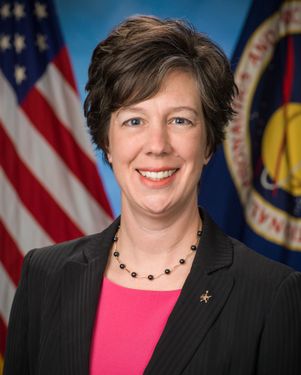
Co-Investigator / Co-Educator: Richard J. BARKER, PhD Research scientist at the University Wisconsin, Madison, Wisconsin, USA
Contact via E-mail: dr.richard.barker@gmail.com, Phone: (608) 515 0516
- Personal Twitter: @Dr_Dick_Barker
- Gilroy AstroBiology Research Lab: https://astrobiology.botany.wisc.edu/gilroy-lab-home
- AstroBotany education and graphic design: http://astrobotany.com/
- Collaborative Science Environment (CoSE): www.cosecloud.com
● Recent Professional History (2012-2019): Postdoctoral researcher at the UW-Madison
● Education (2007-2011): PhD in the Plant Genetics of the Green Revolution at the Rothamsted research institute in collaboration with The University of Nottingham, scholarship funding from the Laws agricultural trust, UK.
Dr Richard Barkers experience with the practicalities of spaceflight experimentation, RNAseq analysis and data presentation strategies are perfect synergy with Mr Gilbert Cauthorn international school teaching network. This collaboration will allow us to monitor plant pathogens on board the ISS and will lead to the creation of a tool that will allow researchers with their own specific areas of research such as clinical pathology to access the same data and patterns related to their area of interest. Linking the meta-genomics to the spaceflight transcriptomics will allow us to observe not only how the communities are changed by spaceflight but also how their functions change.
Current Work Summary
● Space flight experience: Assisted and co-author a successful NASA application with Prof Patrick Mason to send Brachypodium Distachyon to the ISS within 2018. An active member of the Gilroy Lab APEX5 experimental verification tests and scientific verification tests at KSC; APEX5 was successfully launched on 14 December 2017. Currently practicing 2 more upcoming space launches as part of the Gilroy Lab TIC-TOC and BRIC-LED experiments.
● RNA sequencing analysis: Familiar with the bioinformatic methods associated with RNAseq data analysis including the NASA GeneLab samples that were grown on the ISS. Experienced in performing RNAseq analysis and developing RNAseq analysis pipeline including DESeq, EdgeR and iDEP9.0. Current Chair of the NASA GeneLab Plants Advanced Working Group.
● Transcriptome Meta-analysis: Develop TOAST database (http://toast.astrobotany.com/) in order to make quick and easy comparisons between all previous Astrobotany spaceflight experiments that have publically available data. Manuscript submitted.
● High school outreach: Co-founder of the Collaborative Science Environment (https://cosecloud.com/) and mentor to the Madison West High School Rocketry team.
● Teach the teacher program: Annual lecturer at the Biopharmaceutical can biotechnology institute (https://www.btci.org/) where he trains teachers to use astrobotany research tools and technique.
Most significant publications
● Richard Barker and Simon Gilroy (2017). Life in in space isn’t easy, even if you’re green. Biochemist 39:6.
● Richard Barker, Benjamin Cox, Logan Silber, Arash Sangari, Amir Assadi and Patrick Masson (2015). Assessing gravitropism in Arabidopsis thaliana, in Environmental Responses in Plants (ed P Duque), Methods in Molecular Biology, Springer, New York, NY, USA.
● Choi, Barker, Swanson, Gilroy. Variation in the transcriptome of different ecotypes of Arabidopsis thaliana reveals signatures of oxidative stress in plant responses to spaceflight. Frontiers in Plant science.
Sessions in which Dr Richard Barker participates
Friday 7 February, 2020
Sessions in which Dr Richard Barker attends
Thursday 6 February, 2020
Mike Kincaid oversees strategic direction and leadership of NASA’s STEM engagement function, which attracts and supports the involvement of students in the realization of NASA’s unique missions. Kincaid’s office engages America’s educators, students and institutions in these unique ...


